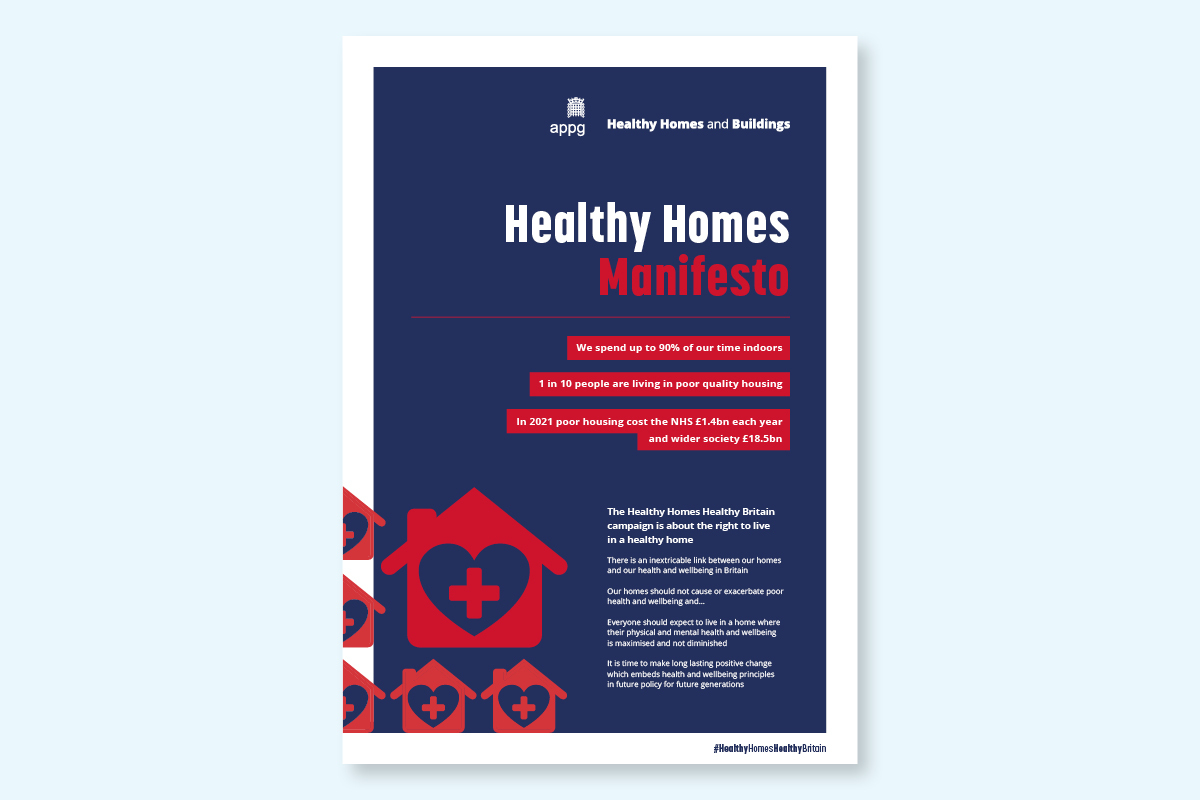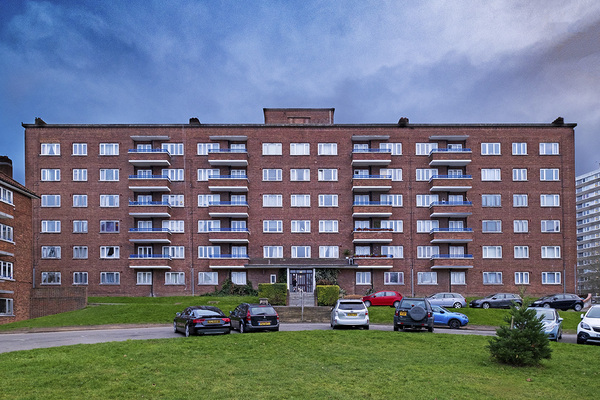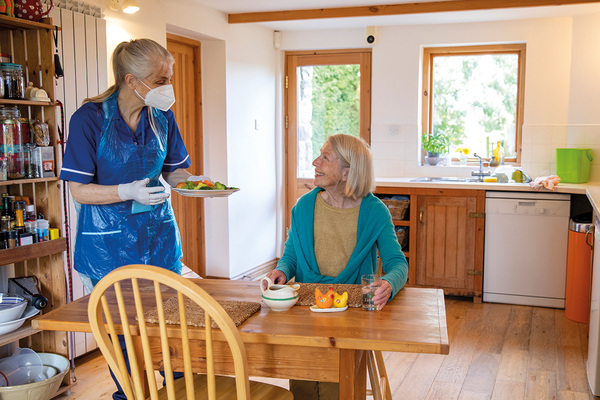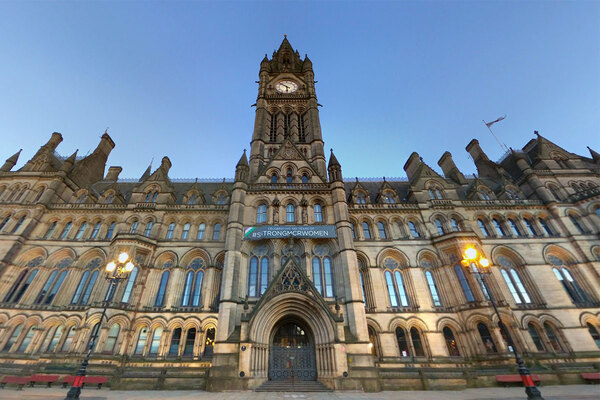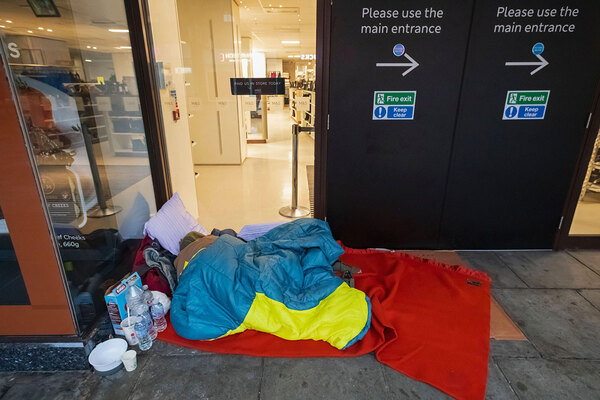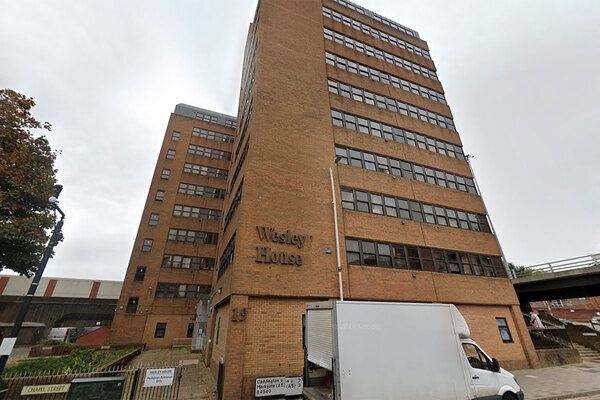You are viewing 1 of your 1 free articles
APPG calls for single government department for healthy homes and buildings
A group of MPs has called for the creation of one government department to be responsible for healthy homes and buildings.
Members of the Healthy Homes and Buildings All-Party Parliamentary Group (APPG) met this week and called on the government to embed health and well-being principles into new legislation for future generations.
Part of this should be the creation of a single government department to identify where homes and buildings are leading to health issues and to monitor the economic and social impacts of unfit dwellings, it said.
In its manifesto, the APPG highlighted how poor-quality homes cost the NHS an additional £1.4bn and society £18.5bn each year.
The MPs have also recommended an inter-departmental committee that would bring different government departments together, such as the Department of Health and Social Care and the Department for Education, to “ensure health is a key policy consideration” in the construction of housing stock.
Gideon Amos, vice-chair of the Healthy Homes and Buildings APPG, said: “If we are to build 1.5 million new homes, the link between the nation’s health, homes and buildings can no longer be ignored.”
With housing associations spending record amounts on existing homes, renovating and retrofitting existing housing stock is an important lever in combating the housing crisis and ensuring residents have safe and warm places to live.
However, APPG members have warned that the practice of retrofitting buildings to improve energy efficiency “without due consideration to health” must end.
Most respondents to the group’s green paper raised issues of conflict in building policy, where improvements in one area lead to unintended consequences in another.
The charity Allergy UK warned that airtightness measures, as part of energy-efficiency improvements, were causing an increase in allergic reactions when not accompanied by equal improvements in ventilation.
Its white paper called for the creation of a national renovation strategy that balances these needs and takes a “holistic” approach to retrofitting.
In a further recommendation, the APPG has added to calls for the construction of a “greater number of quality social and affordable housing” which can alleviate pressure on the NHS by improving the physical and mental health of tenants.
The private rental sector has the highest proportion of homes that fail to meet the Decent Homes Standard, with almost one in four dwellings not reaching required levels.
The economic benefits, in terms of health costs and productivity, of improving the quality of indoor environments could exceed £55bn by 2060, according to the group’s manifesto.
The Ministry of Housing, Communities and Local Government has been contacted for a response to the APPG.
The group of MPs held their meeting just ahead of the government announcing changes to Energy Performance Certificates (EPCs), which will be introduced in the second half of 2026.
It is being proposed that EPCs should be based on four metrics rather than one, to provide a “more complete representation” of building performance.
Sign up for our care and support bulletin
Already have an account? Click here to manage your newsletters
